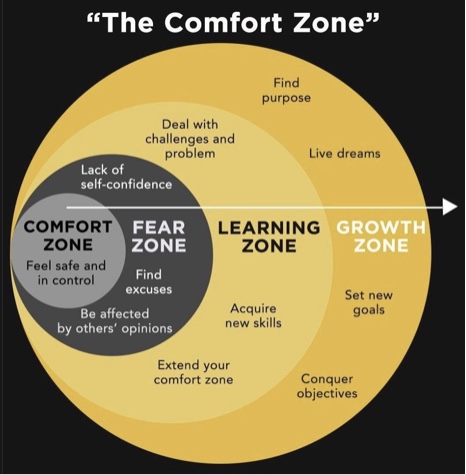I was introduced to “The Four Agreements” by listening to the Joe Rogan Experience, where Joe has brought up the book several times on podcasts. The book was published in 1997, but really gained popularity after Oprah endorsed it on her show back in 2001.
The main idea of the book is that we operate in a way that everything we do is based on these four agreements we have with ourselves, with others, and with God. Depending on how we view these agreements, they can be a source of great joy or of great suffering. Ultimately, it is up to us to choose. We may stray from the path occasionally, but it’s always important to get back on the right track because that’s the kind of person we are. Below is a brief summary of the four agreements we need to prioritize in order to live the best life we can.
1. Be impeccable with your word.
If you say you’re going to do something, do it. Otherwise you’re not only eroding others’ trust in you, but you’re eroding your trust in yourself. Eventually, your words will mean nothing if you fail to keep your promises.
2. Never take anything personally.
This works in two ways.
The first way is that if someone says something hurtful to you, it’s not necessarily a reflection of you, but rather it’s a reflection of the one criticizing you. They may be operating out of a place of fear, jealously, anger, inadequacy, etc. Don’t take their potentially hurtful words to heart, because they don’t mean anything. The other person is trying to wound you or to get under your skin. If you allow them to do this, you’re giving them power over you by “making” you feel a certain way.
But the other way this statement works is that the criticism of you might be true. Open your mind to see if there is a grain of truth in what the other person is saying and work to improve your weaknesses. Don’t shut down when receiving feedback, but use it to strengthen yourself.
In today’s society, it’s easy to get caught up in virtue-signaling, in being easily offended, or in trying to be more of a victim than the next person. Choose not to be offended. Choose not to let someone dictate your mood or to influence your self-worth in a negative way.
3. Don’t make assumptions.
Have you ever assumed someone said something, but it was because they didn’t like you or had some other meaning behind their words? Have you assumed their intent? This happens to me with text messages all the time. It’s always best to communicate in person, where you can hear the inflection and tone of their voice, see their facial features, read their body language, and understand the circumstances better. But through text, so much of that is lost. When you are unclear about someone’s words or actions, ask them about it. Dig deeper. But give them space or time, if needed. They may have said something because they were hangry, because the kids were acting up and they were distracted or trying to answer you quickly, maybe they were distracted. We don’t know what is happening around them or within them at any given moment, especially if we’re not physically with them. Don’t make assumptions (and, going back to the second agreement, don’t take it personally).
4. Always do your best.
You won’t always be the winner. You’re not always going to be the best at what you’re trying to do. But you can always try your best with the skills you currently have. If you always do your best, you can move forward without having regrets. But if you do less than you know you’re capable of, you’ll be more likely to wonder “what if” and to think of the possibilities of what could have been.


